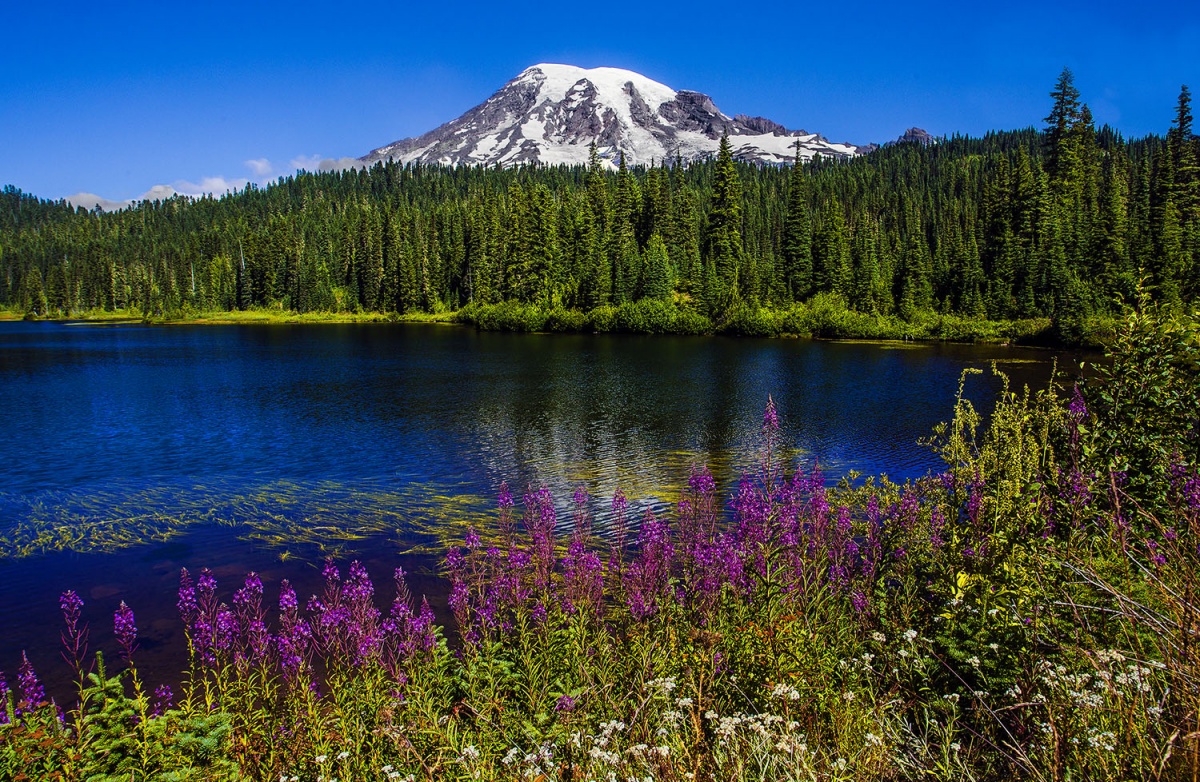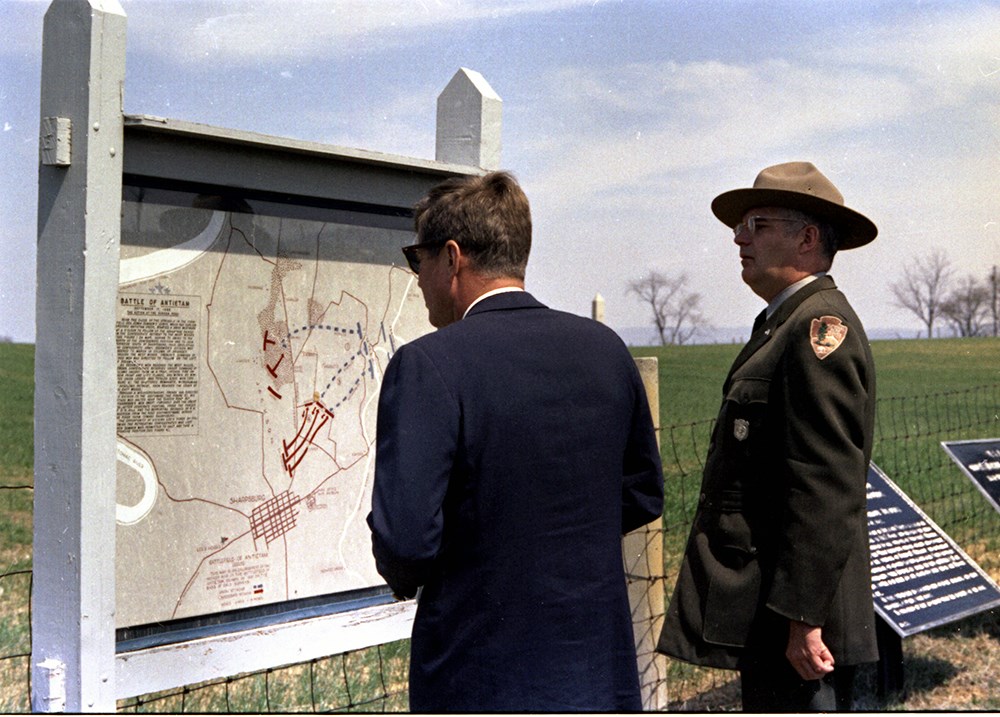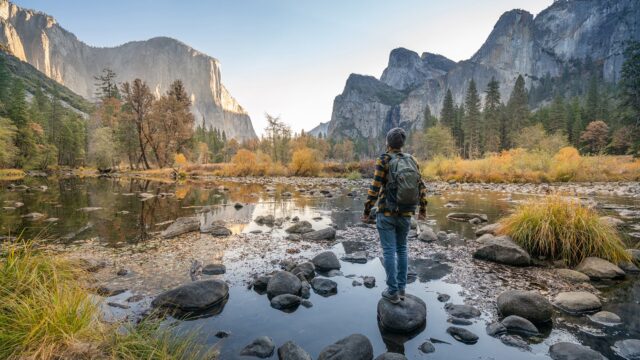The preservation of the wild is essential to maintaining a balance between nature and mankind. National parks play a vital role in conservation efforts, providing safe havens for species both large and small while protecting ecosystems from destruction and degradation.
From the majestic snow-capped peaks of Alaskas Denali National Park to the lush rainforests of Hawaiis Haleakalā National Park, each park offers unique opportunities to explore and appreciate our planet’s incredible diversity. Despite their importance, national parks face many threats including deforestation, poaching, littering, and climate change.
As citizens of this world, it is our responsibility to protect these fragile places for future generations so that they can experience their beauty long into the future. With sensible management plans in place, we have an opportunity to ensure that these special places remain intact for all mankind.
The Role of National Parks in Conservation

National parks are essential to the conservation of our planet’s natural beauty, resources, and biodiversity. They provide a safe haven for species that would otherwise be vulnerable to exploitation or destruction due to human activity. By protecting these areas from development, we can ensure that they remain unchanged by man-made influences.
In addition to being a sanctuary for threatened species and habitats, national parks also act as educational centers where people can learn more about nature and how our actions impact it. Moreover, national parks provide us with recreational opportunities such as hiking trails or campgrounds which allow us to explore and appreciate nature in its untouched glory without having an adverse effect on its delicate balance.
By providing spaces for recreation that do not involve extensive development or disruption of wildlife habitats, we can limit the damage done by humans while still enjoying outdoor activities in beautiful settings. Additionally, national parks serve as key examples of successful land management practices; their success often provides evidence-based guidance on how best to manage land responsibly when developing new projects or preserving existing ones.
This is especially important considering global population growth requires more land use than ever before yet so much of this land needs careful management if it is going to maintain its ecological integrity over time. National Parks thus offer invaluable insight into sustainable approaches towards managing landscapes responsibly while still reaping the benefits associated with development projects like hydroelectric dams maintained across North America today.
Benefits of Preserving Wild Spaces Through National Parks

National parks are a cornerstone of conservation efforts for their ability to preserve wild spaces and protect vulnerable wildlife species. These protected areas provide opportunities for research, education, and recreation, allowing humans to experience nature without having an adverse impact on the environment.
National parks can also help mitigate climate change by providing natural habitats that absorb carbon emissions and serve as buffers against extreme weather events like floods or droughts. Additionally, they play a key role in preserving biodiversity; protecting threatened or endangered species from extinction while promoting the growth of healthy populations through genetic diversity.
Furthermore, national parks provide economic benefits both directly and indirectly by creating jobs associated with tourism and generating revenue through entrance fees which can help fund conservation projects in other regions around the world. While there may be short-term costs associated with establishing such reserves, long-term gains far outweigh any expenses incurred due to the ecological services provided by these unique ecosystems.
Safeguarding Natural Resources with National Parks

National parks, such as Bwindi Forest, are arguably the most effective way of preserving natural resources and ensuring their continued existence. From protecting endangered species to sustaining vital habitats, these areas of conservation provide invaluable opportunities for research and education while safeguarding flora and fauna from destruction.
National Parks also act as a refuge for wild animals, offering them safe havens away from human activity that can be damaging to both animal populations and ecosystems. By providing boundaries within which humans may not enter, national parks restrict access to valuable habitats without sacrificing recreational value or eliminating the potential for sustainable use.
Additionally, they help preserve biodiversity by preventing over-harvesting of resources like timber or fisheries by limiting public access. Ultimately, national parks are essential in helping us protect our global environment for future generations.




